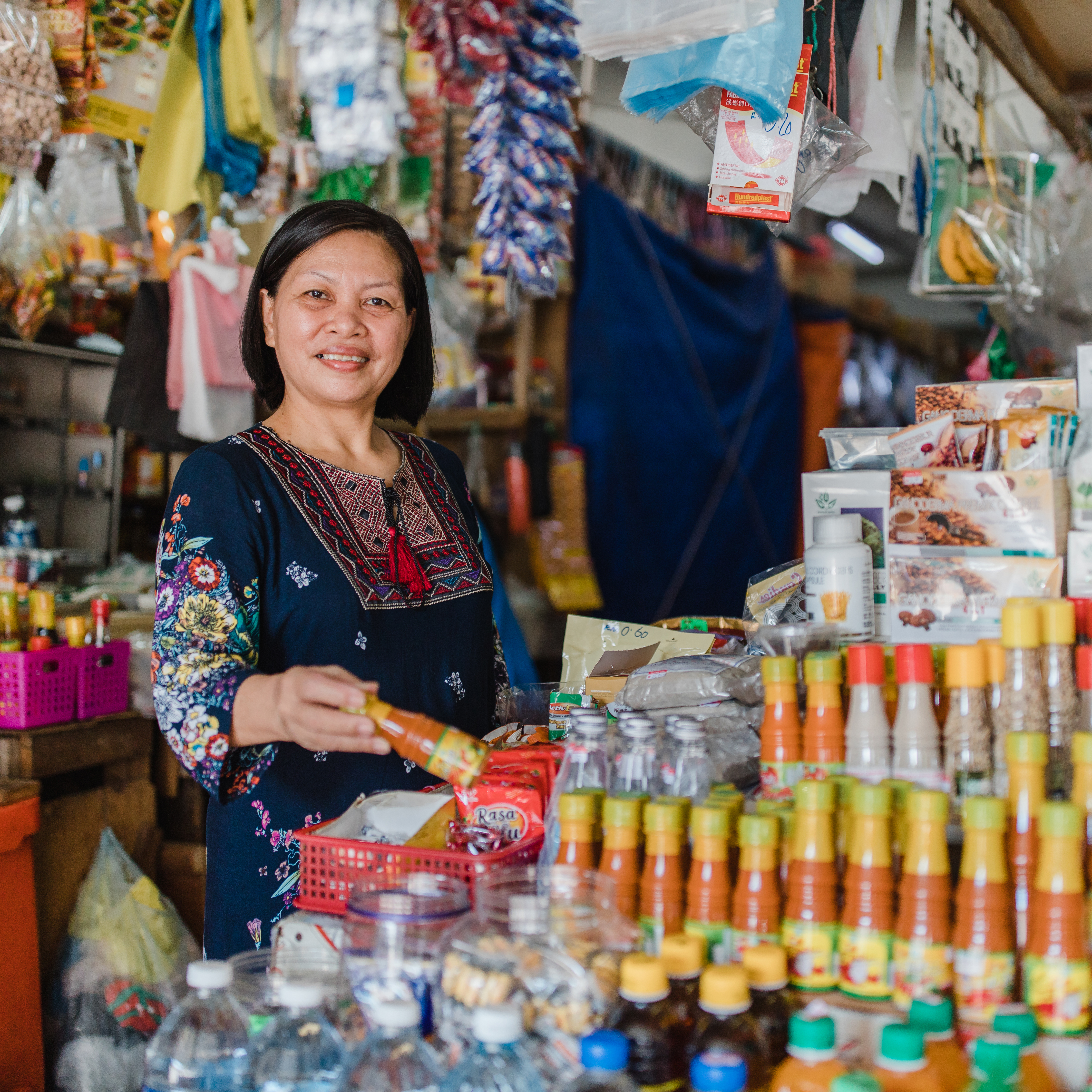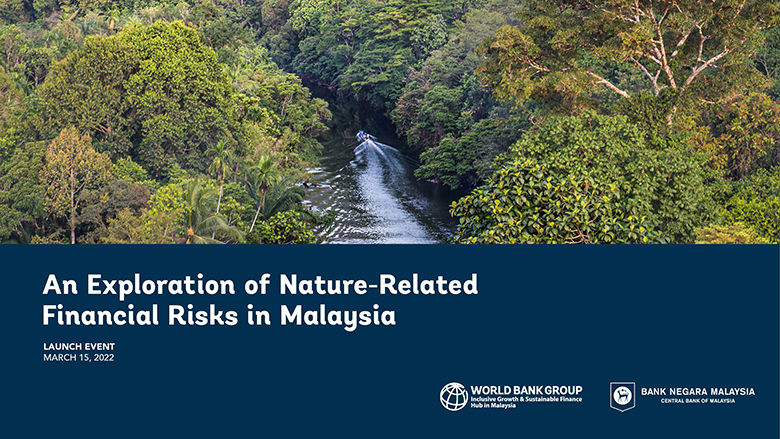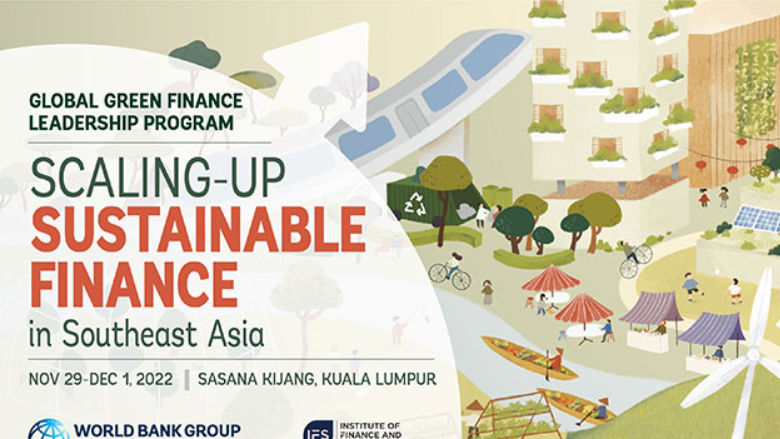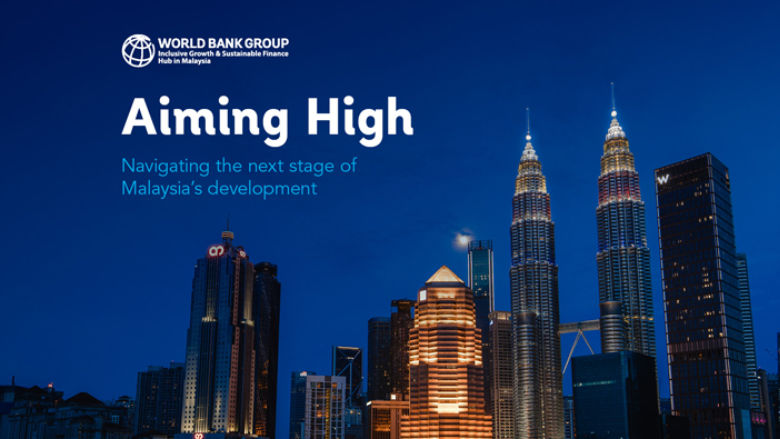Since gaining independence, in 1957, Malaysia has undergone a profound economic transformation, transitioning from a predominantly agricultural and commodity-based economy to a robust manufacturing and service sector-based economy. This evolution has positioned Malaysia as a leading exporter of electrical appliances, parts, and components, driving remarkable growth that elevated the country from low- to upper-middle-income status within a single generation.
Key indicators improved significantly. Gross National Income (GNI) per capita grew at an impressive rate of 7.3 percent a year between 1961 and 2023. The workforce is increasingly educated, with the share of the workforce having a tertiary education growing from 23 percent in 2010 to 35.5 percent in 2023. Healthcare improvements have led to a steady increase in life expectancy from 59 years in the 1960s to more than 75 in 2024. Malaysia also slashed poverty, reducing the share of households living below the national poverty line of RM 2,589 a month (around $11 in 2017 purchasing power parity [PPP]) to 6.2 percent. Measured using the international upper-middle-income line of $6.85 in 2017 PPP dollars a day, the poverty headcount rate stood at 2.3 percent in 2021. However, with a Gini index of 39, income inequality in Malaysia is higher than the average for both recently transitioned (mean of 31) and established high-income countries (mean of 30).
Malaysia boasts extensive global trade connections, engaging with 90 percent of the world’s countries, surpassing many of its regional counterparts. Its openness to trade and investment has driven employment creation and income growth, with approximately 40 percent of jobs linked to export activities.
These achievements can be attributed to strategic development policies focusing on outward-oriented, labor-intensive growth, investments in human capital, and credible economic governance to ensure macroeconomic stability. However, as Malaysia prepares for its high-income transition, it confronts new challenges. Growth has slowed, and the share of high-skilled employment is lower in Malysia than in aspirational peers. Wage and productivity growth, tax collection, social protection and spending, environmental management, and corruption control require attention.
Domestically, there is a growing sense that the aspirations of the middle class are not being met. Young people with tertiary education struggle to find high-skilled jobs, and older workers lack sufficient savings for retirement. Learning outcomes of children are weak, with 42 percent of children of late primary-school age are not able to understand an age-appropriate text according to international exams.
Competing successfully on the global stage requires addressing the challenges of job quality, the distribution of wealth, population aging, and the changing nature of work brought about new technologies. Skills development is critical to increasing productivity and wage growth and reducing skills-related underemployment. Narrowing income inequality is also essential. Further improvement and investment in social protection, facilitated by enhanced taxation, would allow the government to address such challenges as Malaysia moves toward high-income status.
Last updated: April 2025







